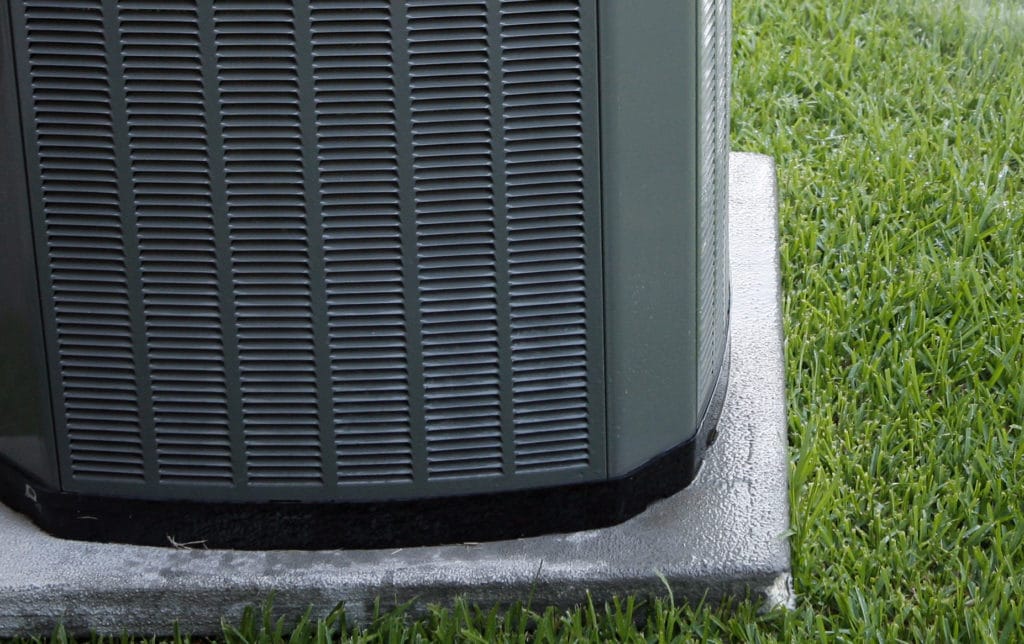
You may have heard that a heat pump is like a heater and cooler in one unit — how true is this statement, and how do they actually work?
To answer the first question: true. A heat pump serves as a heater in the cold months and an air conditioner in the warm months. It uses the same thermodynamic principle as a portable air conditioner, but it serves two roles instead of one.
To learn how a heat pump works, let’s first examine how a portable air conditioning unit operates.
Air Conditioning: The Basic Process
All air conditioners circulate refrigerant through a closed loop. The refrigerant begins its round-trip journey in gas form, passing through a valve into a compressor, which squeezes the refrigerant into a liquid, making it hot. Next, it passes through a condenser coil, allowing the built-up heat to dissipate into the surrounding air outside. You can feel the released heat as it vents from the back of the AC unit.
After passing through the condenser coil, the refrigerant is still in a liquid state, having discharged its heat but retained its pressure. Next, it passes through an expansion device that releases the pressure, restoring the refrigerant to its gaseous form. The expansion causes the gas to cool. The cold gas passes through evaporator coils, which cool the surrounding air. A fan disperses the cold air into the living area.
How Do Heat Pumps Work?
A heat pump works similarly. It employs a closed loop system that alternately compresses and expands the refrigerant, disbursing heat in one half of the loop and capturing heat from the surrounding air in the other.
Unlike a portable air conditioner, a heat pump can disperse hot air inside or outside.
When cooling the house, the heat pump’s indoor and outdoor coils function just like the coils in the portable air conditioner described above.
In the winter, the outdoor coil functions as an evaporator and the indoor coil functions as a condenser. The refrigerant transports thermal energy (heat) extracted from the cold air outside to the interior of the building. This transferred heat is then dispersed through the home.
Heat Pumps Save Energy When Winters Are Mild
Heat pumps are more efficient than gas furnaces, especially in areas like the mid-Atlantic where average winter temperatures are in the 40s and average summer temperatures are in the 80s. If you live in Virginia, for example, installing a heat pump will lower your energy bills.
Because heat pumps draw heat from the air outside your home in the winter, they are less efficient in colder regions where temperatures often decline below 40°. When temperatures plummet, even in the mid-Atlantic, heating systems will shut off your heat pump and turn on a backup heat source, such as a furnace or boiler.
Additional Benefits of Heat Pumps
Heat pumps have benefits beyond lowering your energy bills. They are quieter than gas furnaces, pose no risk of carbon monoxide poisoning, and can be installed in areas with less ventilation than other heaters require.
If you live in Central Virginia, installing a heat pump will improve comfort, lower your energy bills, reduce noise, and decrease your heating exhaust.
Call Fitch Services for More Information on Heat Pumps
Fitch Services is Charlottesville’s most trusted provider of heat pumps. If you are interested in installing a residential heat pump in Charlottesville or surrounding communities, contact Fitch Services for more information.




